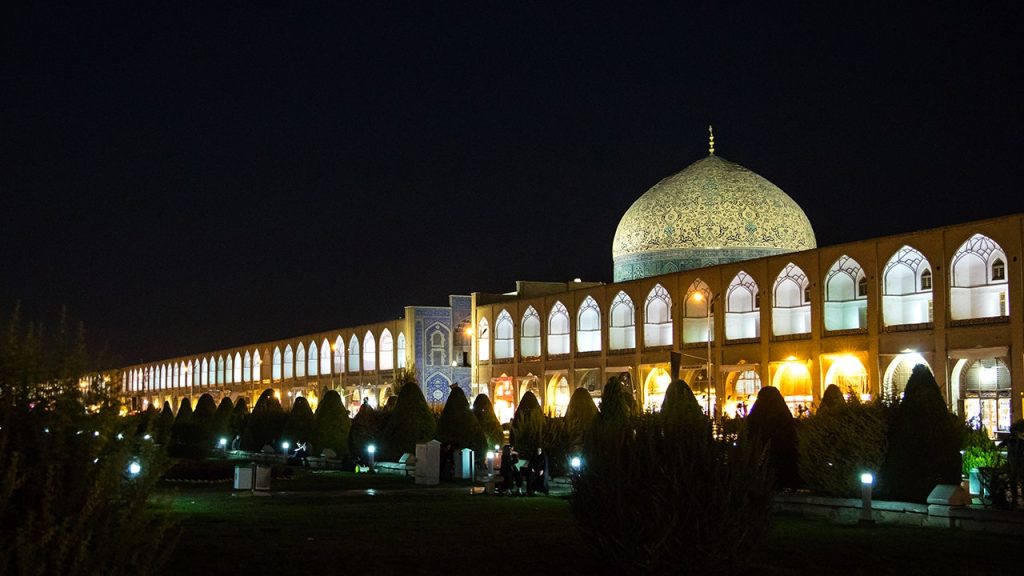Israel conducted limited strikes in Iran in response to Tehran launching missiles and drones at Israel. There were explosions reported in Isfahan province, where Natanz, one of Iran’s nuclear facilities, is located. While state television claimed all sites were “fully safe,” a well-placed military source described the Israeli strike as “limited.” The U.S. was not involved, and there was pre-notification to the U.S. from Israel, though Pentagon officials have not confirmed the strike. The White House and National Security Council have declined to comment, and commercial flights began diverting routes over western Iran without explanation. Dubai-based airlines Emirates and FlyDubai started rerouting around western Iran, with Iran subsequently announcing the grounding of commercial flights in Tehran and surrounding regions.
Iran attacked Israel following Israel’s deadly strike on Iran’s consulate earlier, resulting in casualties, including a top general. The attack by Iran is seen as a significant escalation of violence, as Iran has traditionally relied on proxy forces in other regions to target Israel. Despite longstanding hostilities between the two nations, this marks the first direct attack by Iran on Israel, leading to heightened tensions in the region. Iranian state television acknowledged a “loud noise” near Isfahan, adding to the uncertainty surrounding the situation. The developments are part of a rapidly evolving story, with further updates expected as the situation unfolds.
The strikes in Iran come amidst ongoing tensions between Israel and Iran, with each side engaging in retaliatory actions. Israel’s decision to retaliate with limited strikes signals a targeted response rather than a full-fledged military operation. The involvement of Israel in strikes within Iranian territory is a significant development in the conflict between the two countries, which have often engaged in proxy wars through regional allies. The use of military force reflects the complex dynamics of the Iran-Israel conflict, with both nations having advanced military capabilities and strategic objectives that shape their actions in the region.
The reports of explosions in Isfahan, where Natanz nuclear facility is located, raise concerns about potential damage to critical infrastructure. The uncertainty surrounding the situation, including limited confirmation from official sources and commercial flights diverting their routes, highlights the volatile nature of the conflict between Israel and Iran. The decision by Dubai-based airlines to reroute flights suggests a perceived threat to airspace safety, while Iran’s subsequent grounding of commercial flights adds to the disruptions caused by the escalating tensions. The use of military technology by Israel in response to Iran’s attack showcases the sophistication of Israel’s defense capabilities and its ability to respond to threats effectively.
The involvement of the U.S. in the situation remains unclear, with Israeli authorities notifying the U.S. in advance of the strikes but no confirmation from Pentagon officials. The lack of official statements from the White House and National Security Council adds to the uncertainty surrounding the situation and the potential implications for regional stability. The evolving conflict between Israel and Iran underscores the complex geopolitical dynamics in the Middle East, with both nations pursuing competing interests and objectives in the region. The use of military force by both sides reflects their determination to protect their security and strategic interests, adding to the volatility of the situation and the potential for further escalation in the conflict.
As the situation continues to develop, with ongoing reports of explosions and disruptions in Iran, the international community is closely monitoring the escalating tensions between Israel and Iran. The direct attacks by Iran on Israel, in retaliation for previous strikes, mark a significant shift in the conflict dynamics and raise concerns about the potential for further violence. The involvement of advanced military technology and the targeting of critical infrastructure underscore the high stakes involved in the conflict. As the crisis unfolds, diplomatic efforts are likely to intensify in order to de-escalate the situation and prevent further escalation of hostilities between Israel and Iran.


